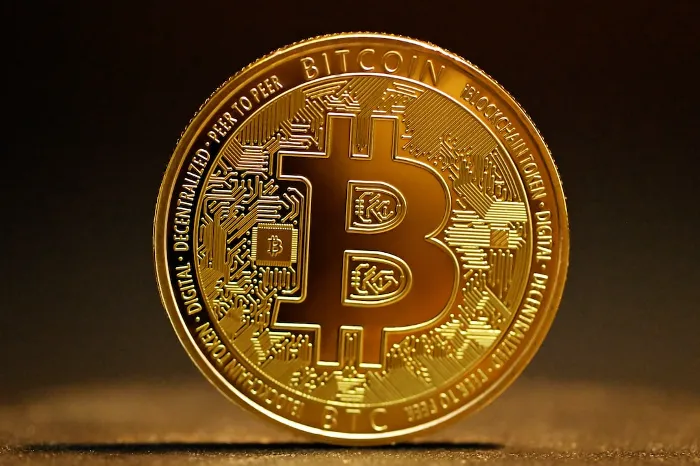What is Bitcoin? A Basic Introduction

Disclosure: Some of the links in this article may be affiliate links, which can provide compensation to me at no cost to you if you decide to purchase. This site is not intended to provide financial advice and is for entertainment only.
Introduction:
Bitcoin, the world's first decentralized digital currency, has gained significant attention and popularity since its inception in 2009. Created by an anonymous person or group of people using the pseudonym Satoshi Nakamoto, Bitcoin revolutionized the way we perceive and use money. In this comprehensive introduction, we will explore the fundamental aspects of Bitcoin, including its origin, how it works, its advantages and disadvantages, and its potential impact on the future of finance.
What is Bitcoin?
Bitcoin is a digital currency that operates on a decentralized network called the blockchain. Unlike traditional currencies issued by central banks, Bitcoin is not controlled by any government or financial institution. It is based on cryptographic principles and operates through a peer-to-peer network, allowing users to send and receive payments directly without the need for intermediaries.
How Does Bitcoin Work?
Bitcoin operates on a technology called blockchain, which is a distributed ledger that records all transactions made with the currency. When a transaction is initiated, it is verified by a network of computers known as miners. These miners compete to solve complex mathematical problems, and the first one to find a solution adds a new block of transactions to the blockchain. This process, known as mining, ensures the security and integrity of the network.
The Advantages of Bitcoin
1. Decentralization: Bitcoin is not controlled by any central authority, making it immune to government interference or manipulation. 2. Security: Transactions made with Bitcoin are secured through cryptographic algorithms, making it extremely difficult for hackers to tamper with or steal funds. 3. Privacy: While Bitcoin transactions are recorded on the blockchain, the identities of the parties involved are not disclosed, providing a certain level of privacy. 4. Low Transaction Fees: Compared to traditional banking systems, Bitcoin transactions often have lower fees, especially for international transfers. 5. Global Accessibility: Bitcoin can be accessed and used by anyone with an internet connection, regardless of their location or financial status.
The Disadvantages of Bitcoin
1. Volatility: Bitcoin's value is highly volatile, which can make it a risky investment and a less stable store of value compared to traditional currencies. 2. Scalability: The current Bitcoin network has limitations in terms of transaction processing speed and scalability, which can result in delays and higher fees during periods of high demand. 3. Regulatory Challenges: As a decentralized currency, Bitcoin poses regulatory challenges for governments and financial institutions, leading to concerns about money laundering and illicit activities. 4. Technical Complexity: Bitcoin and its underlying technology, blockchain, can be complex to understand and use for individuals who are not familiar with cryptocurrencies.
The Future of Bitcoin
Bitcoin has the potential to revolutionize the financial industry and reshape the way we conduct transactions. As more businesses and individuals adopt Bitcoin, its value and acceptance are likely to increase. However, challenges such as regulatory hurdles and scalability issues need to be addressed for Bitcoin to reach its full potential. In conclusion, Bitcoin is a decentralized digital currency that operates on a blockchain network. It offers advantages such as decentralization, security, and low transaction fees, but also faces challenges like volatility and regulatory concerns. Despite these challenges, Bitcoin continues to gain popularity and has the potential to transform the future of finance. Whether it will become a mainstream currency or remain a niche asset is yet to be seen, but its impact on the financial world is undeniable.
Disclosure: Some of the links in this article may be affiliate links, which can provide compensation to me at no cost to you if you decide to purchase. This site is not intended to provide financial advice and is for entertainment only.
